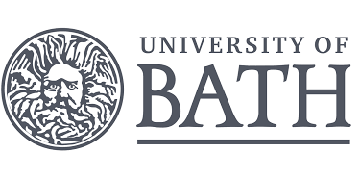University of Bath: Bath amongst first in UK to achieve new accreditation for Natural Sciences courses
These programmes have achieved the standards set out in the Society’s newly launched accreditation framework and are recognised as offering outstanding quality interdisciplinary science education, providing students with excellent learning opportunities and skills development to prepare them for future careers in research, education, business or industry.
The University of Bath offers six courses in Natural Sciences, resulting in a BSc or MSci with or without a placement or study year abroad. Around 80 students per year study Natural Sciences courses at Bath.
Students can choose from a range of subjects: Biochemistry, Biology, Chemistry, Environmental Science, Pharmacology and Physics, studying both fundamental and interdisciplinary units from those subjects.
Students learn alongside their peers studying single subjects, meaning they graduate with the same depth of knowledge.
More than half of students also choose to go on a year-long work placement, helping decide career choices, build networks and earn valuable income to support their studies.
Due to their interdisciplinary studies, Natural Sciences students have a wider choice of placements to apply for than a single honours student.
Dr Gary Mathlin, Natural Sciences Programme Lead, said: “The Natural Sciences team in Bath are delighted to have achieved accreditation from the Society for Natural Sciences. I am personally very proud of, and grateful to, the team which did the hard work in putting the bid together and presenting it to the Society.”
Professor Nicky King, Chair of the Society for Natural Sciences, said: “We are proud to have implemented this first of its kind interdisciplinary accreditation scheme, which is already improving the way interdisciplinary science is taught in the UK.
“We’re delighted for all those successful institutions and hope this is just the start of a rewarding partnership with them, and others who apply in the future, to continue to raise both standards and opportunities for studying interdisciplinary science in the UK.”

